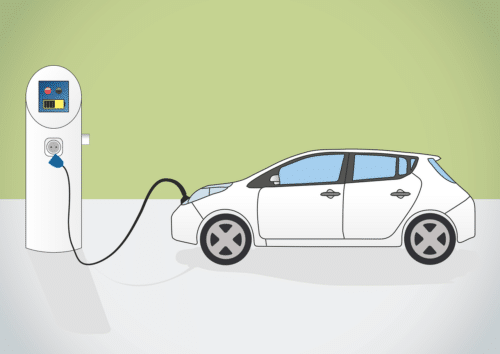Scientists designed a super fast charging method to charge different types of electric batteries in 10 minutes or less without any harm to the batteries.

Dufek and his research team at Idaho National Laboratory have used a machine learning technique that utilizes charging data to produce unique charging protocols. The data about the overall condition of many lithium-ion batteries throughout charging and discharging cycles is fed, and the trained machine learning is used to analyze the lifetimes of batteries and ways the different designs would fail, their efficiencies, and safety. The researchers fed this data back into the analysis to understand and develop new protocols which were further tested on real batteries.
“We’ve significantly increased the amount of energy that can go into a battery cell in a short amount of time,” says Dufek. “Currently, we’re seeing batteries charge to over 90% in 10 minutes without lithium plating or cathode cracking.”
Dufek claims that the advantage of their machine learning model is, that it connects the protocols to the physics of the battery that gives details about how the battery functions. This method allows the nearly dead battery to charge up to 90% in 10 minutes, this enables the batteries to be fully charged in about half an hour.
“Fast charging is the key to increasing consumer confidence and overall adoption of electric vehicles,” says Eric Dufek, Ph.D., who is presenting this work at the meeting. “It would allow vehicle charging to be very similar to filling up at a gas station.” Such an advance could help the U.S. reach President Biden’s goal that by 2030, half of all vehicles sold should be electric or hybrid.
The speeding up process of charging the lithium-ion batteries that are used in electric vehicles without causing damage to the batteries is of utmost importance. Fast charging can reduce the lifetime of the battery and can result in expensive and frustrating consequences for drivers. The change in charging protocol is the way to optimize speed while taking care of not causing any damage to different types of batteries currently used in vehicles. The Researchers aim to implement their model to develop new methods and design new lithium-ion batteries that would be capable of fast charging. Dufek says that the ultimate goal is for electric vehicles to be able to “tell” charging stations how to power up their specific batteries quickly and safely.






